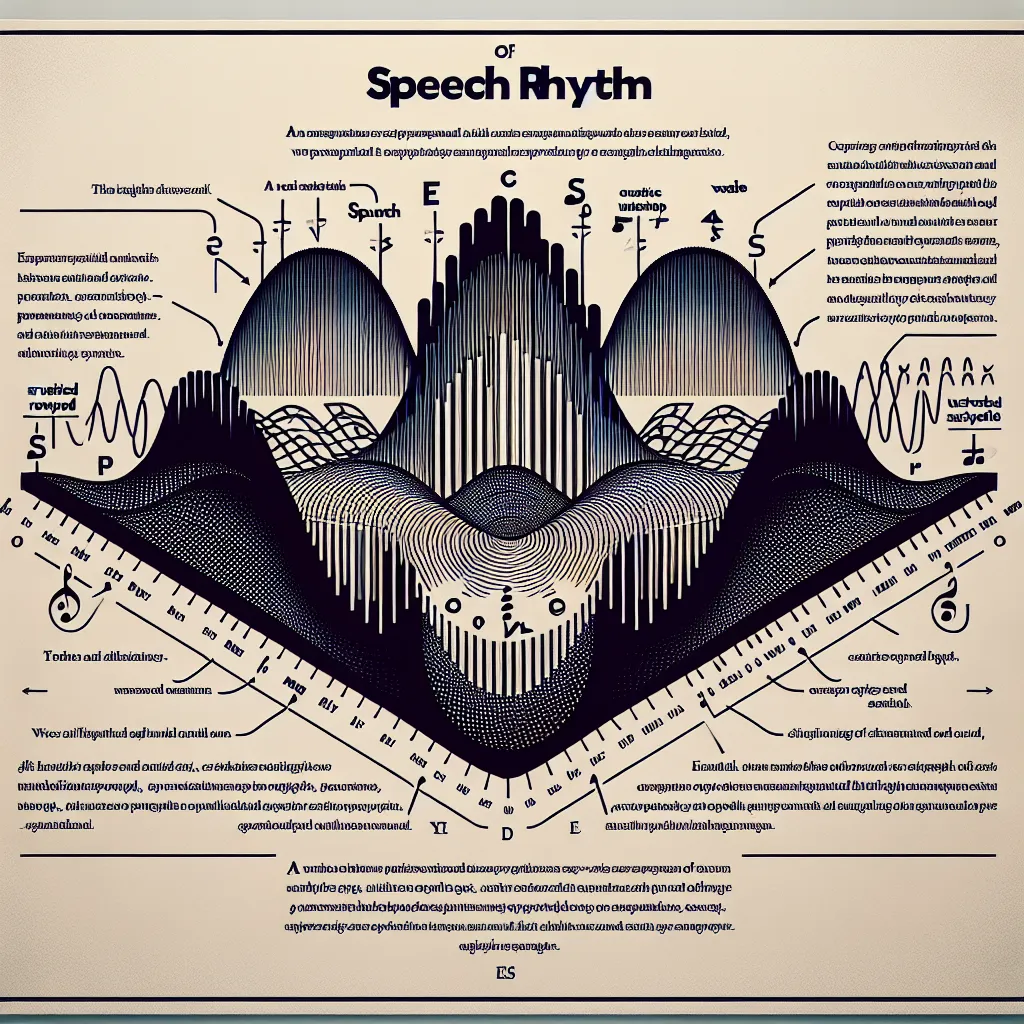Learning English pronunciation can be challenging, but with the right tools and strategies, it can become an enjoyable and effective process. One such tool that has gained popularity in recent years is podcasts. This article will explore How To Practice English Pronunciation With Podcasts, providing you with valuable insights and practical tips to enhance your speaking skills.
Understanding the Importance of Pronunciation in English
Before diving into the specifics of using podcasts for pronunciation practice, it’s crucial to understand why good pronunciation matters. Clear pronunciation is essential for effective communication in English. It helps you:
- Be easily understood by native and non-native speakers
- Avoid misunderstandings and confusion
- Boost your confidence when speaking English
- Improve your listening skills
 Importance of English Pronunciation
Importance of English Pronunciation
How Podcasts Can Help Improve Your Pronunciation
Podcasts offer several advantages for learners looking to improve their English pronunciation:
- Exposure to native speakers: Podcasts provide authentic examples of English pronunciation from various native speakers.
- Convenience: You can listen to podcasts anytime, anywhere, making it easy to practice regularly.
- Variety of topics: There’s a podcast for almost every interest, allowing you to learn while engaging with content you enjoy.
- Repetition: You can replay sections as many times as needed to perfect your pronunciation.
Choosing the Right Podcasts for Pronunciation Practice
Not all podcasts are created equal when it comes to pronunciation practice. Here are some tips for selecting the best podcasts:
- Start with pronunciation-focused podcasts: Look for podcasts specifically designed to teach English pronunciation, such as “Pronuncian” or “English Pronunciation Pod.”
- Gradually move to general interest podcasts: As you improve, start listening to podcasts on topics that interest you, like news, science, or storytelling.
- Consider the speaker’s accent: Choose podcasts with accents you want to emulate or understand better.
- Look for transcripts: Many podcasts offer transcripts, which can be incredibly helpful for following along and checking your understanding.
For more tips on using English learning apps effectively, including podcast apps, check out our article on tips for using English learning apps effectively.
Effective Strategies for Practicing Pronunciation with Podcasts
Now that you’ve selected suitable podcasts, let’s explore some strategies to maximize your pronunciation practice:
1. Active Listening
Don’t just passively listen to podcasts. Engage actively with the content:
- Focus on the speaker’s mouth movements and try to mimic them
- Pay attention to stress, intonation, and rhythm
- Note down unfamiliar words or phrases to practice later
2. Shadowing Technique
Shadowing is a powerful method for improving pronunciation:
- Listen to a short segment of the podcast
- Repeat what you hear, trying to match the speaker’s pronunciation, intonation, and rhythm
- Record yourself and compare it to the original
Start with short segments and gradually increase the length as you improve.
3. Transcription Practice
Transcribing what you hear can help you connect sounds to written words:
- Listen to a short segment of the podcast
- Write down what you hear
- Check your transcription against the official transcript (if available)
- Focus on words you misheard or misspelled, as these often indicate pronunciation issues
4. Focused Sound Practice
Identify specific sounds you struggle with and find podcasts that feature these sounds frequently:
- Choose a problematic sound (e.g., the “th” sound)
- Find a podcast episode that uses this sound often
- Practice the sound in isolation, then in words, and finally in full sentences from the podcast
For more strategies on mastering English pronunciation, visit our article on pronunciation tips for non-native speakers.
 Podcast Pronunciation Practice
Podcast Pronunciation Practice
Common Pronunciation Mistakes and How to Avoid Them
When practicing with podcasts, be aware of these common pronunciation errors:
-
Vowel sounds: English has many vowel sounds that don’t exist in other languages. Pay close attention to the subtle differences between similar vowel sounds.
-
Consonant clusters: Practice words with multiple consonants together, like “strengths” or “sixths.”
-
Word stress: English words often have a specific syllable that is stressed. Misplacing the stress can change the meaning or make the word difficult to understand.
-
Sentence stress and intonation: English uses stress and intonation to convey meaning. Practice emphasizing the right words in sentences and using appropriate intonation patterns.
-
Silent letters: Be aware of silent letters in words like “knife” or “psychology.”
To address these issues, use podcasts that focus on specific pronunciation challenges or listen carefully for these elements in general interest podcasts.
The International Phonetic Alphabet (IPA) and Commonly Mispronounced Words
Understanding the International Phonetic Alphabet (IPA) can greatly enhance your pronunciation skills. The IPA provides a standardized way to represent the sounds of spoken language.
Here’s a brief overview of the English IPA chart:
- Consonants: /p/, /b/, /t/, /d/, /k/, /g/, /f/, /v/, /θ/, /ð/, /s/, /z/, /ʃ/, /ʒ/, /h/, /tʃ/, /dʒ/, /m/, /n/, /ŋ/, /l/, /r/, /w/, /j/
- Vowels: /i/, /ɪ/, /e/, /æ/, /ɑ/, /ɔ/, /ʊ/, /u/, /ʌ/, /ə/, /ɜ/
- Diphthongs: /eɪ/, /aɪ/, /ɔɪ/, /aʊ/, /əʊ/, /ɪə/, /eə/, /ʊə/
Here are 10 commonly mispronounced English words related to podcast listening, along with their correct pronunciations:
- Podcast: /ˈpɒdkɑːst/ (not /ˈpɒdkæst/)
- Episode: /ˈepɪsəʊd/ (not /ˈepɪsɒd/)
- Listen: /ˈlɪsən/ (not /ˈlɪstən/)
- Segment: /ˈsegmənt/ (not /ˈsegment/)
- Audio: /ˈɔːdiəʊ/ (not /ˈaʊdiəʊ/)
- Volume: /ˈvɒljuːm/ (not /ˈvɒlum/)
- Headphones: /ˈhedfəʊnz/ (not /ˈhedfɒnz/)
- Subscribe: /səbˈskraɪb/ (not /sʌbˈskraɪb/)
- Download: /ˈdaʊnləʊd/ (not /ˈdaʊnlɒd/)
- Pronunciation: /prəˌnʌnsiˈeɪʃən/ (not /prəˌnaʊnsiˈeɪʃən/)
Practice these words and use podcasts to hear them in context for better retention and usage.
Conclusion
Practicing English pronunciation with podcasts is an effective and enjoyable way to improve your speaking skills. By choosing the right podcasts, employing active listening techniques, and focusing on specific pronunciation challenges, you can make significant progress in your English pronunciation journey.
Remember, consistency is key. Make podcast listening a regular part of your English learning routine, and you’ll soon notice improvements in your pronunciation, confidence, and overall communication skills.
For more strategies on mastering English pronunciation and communication, check out our articles on strategies for mastering English voice modulation and how to practice English in cross-cultural communication.
We encourage you to share your experiences with using podcasts for pronunciation practice in the comments below. What challenges have you faced, and what successes have you achieved? Your insights could help fellow learners on their English pronunciation journey!




